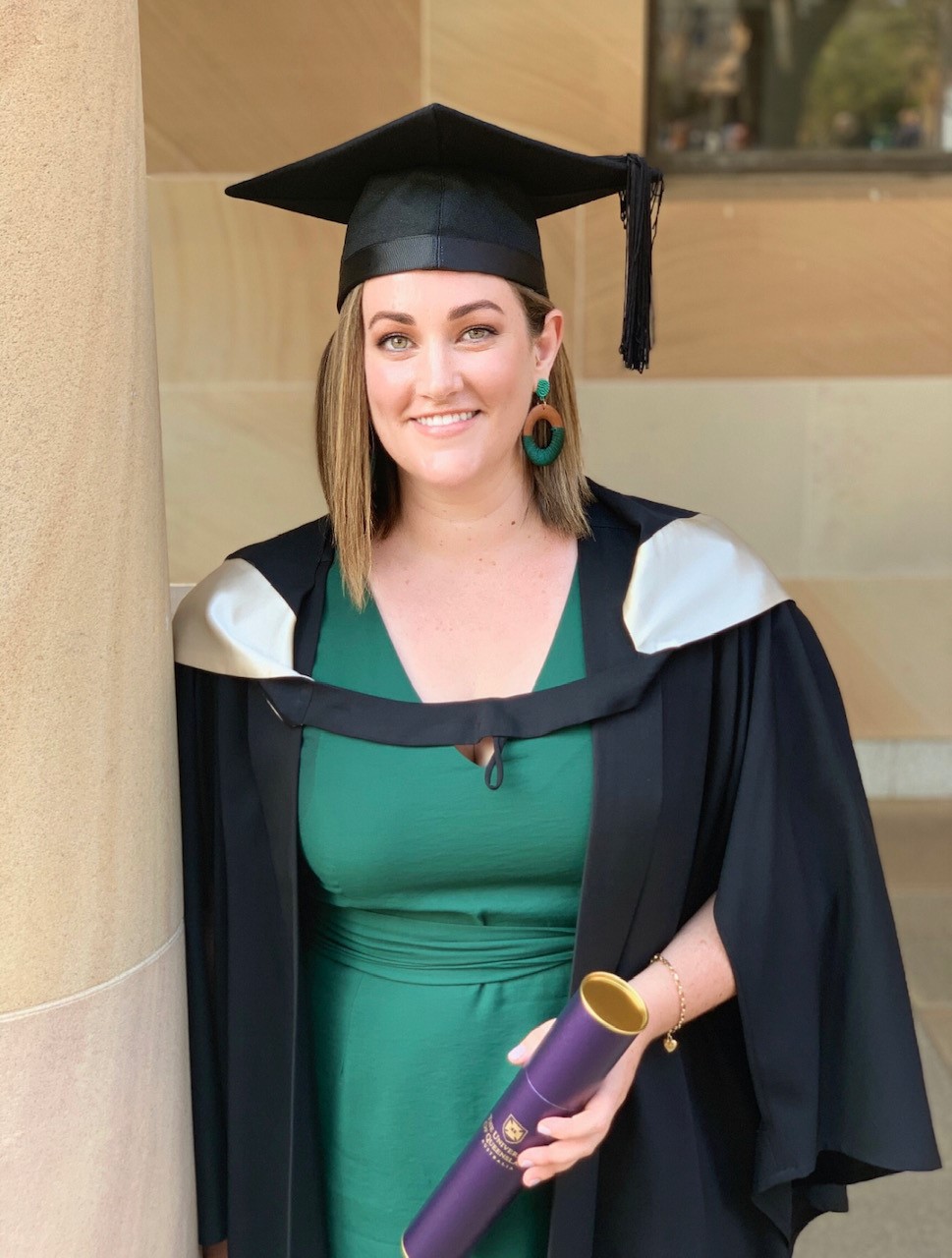Ellen Dahl, an Honours student at The University of Queensland Diamantina Institute, is an advocate for people to believe in their own self-worth.
Ellen shares her personal story of overcoming self-doubt with the support of family and mentors, and how her father’s cancer diagnosis and death shaped her as a person and bolstered her return to study. While working in the Simpson laboratory, Ellen’s research was focused on finding a way to predict whether breast cancer is slow growing or aggressive in order to help guide patients’ treatment.
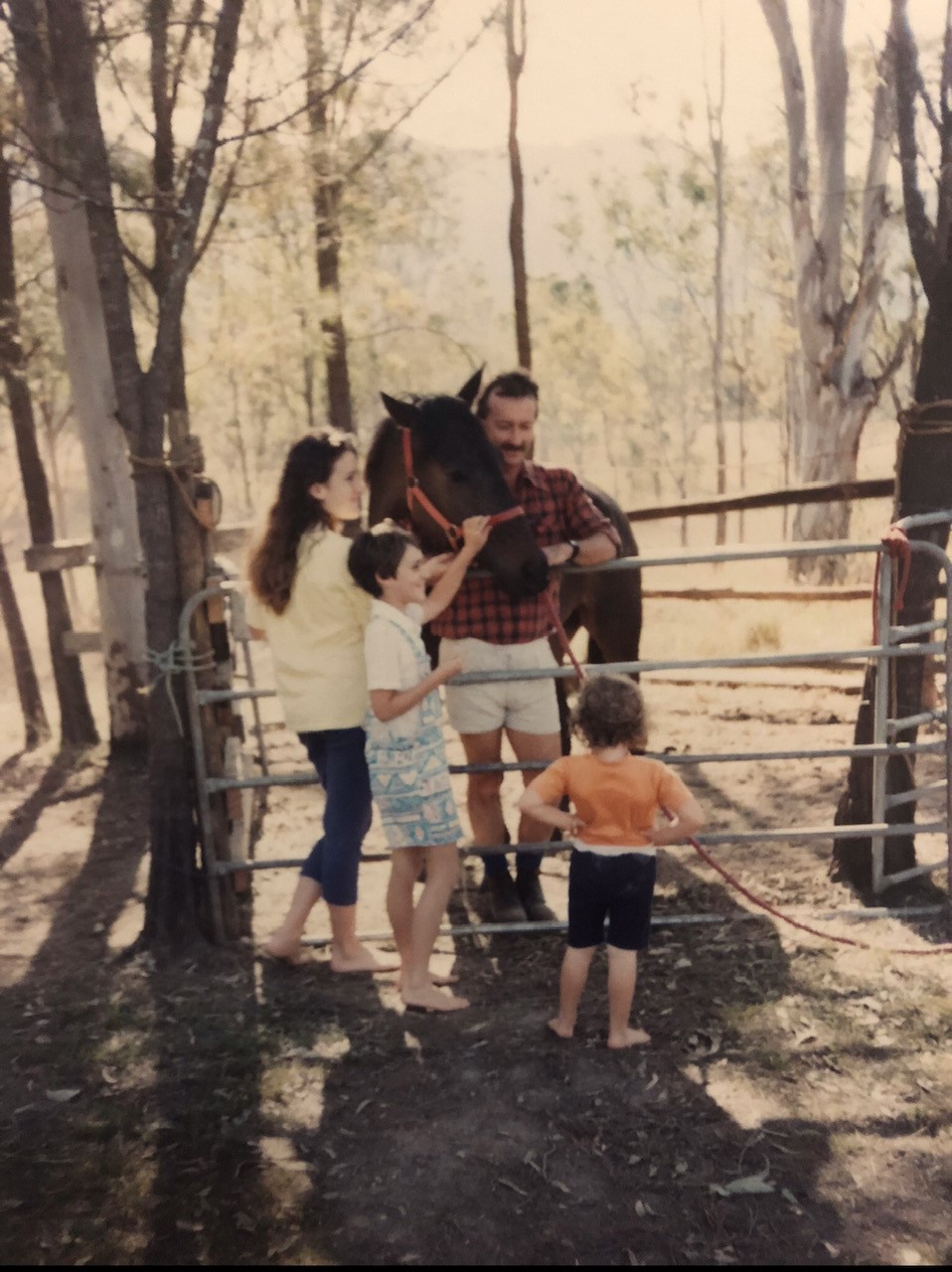
My goal for many years was to become a veterinarian. Growing up in the outskirts of north-west Brisbane I was always surrounded by animals. Some of my earliest memories are of trips to the local vet, accompanied by mum or dad, with an injured animal we had rescued in tow. Despite my school results not being ideal for entry into Veterinary Science, I enrolled in Veterinary Technology at UQ straight out of high school.
Studying externally as a first-generation university student was difficult and it wasn’t long before I withdrew from University to work at a Brisbane Law firm. But, the ‘niggling’ feeling that I wanted to continue my studies returned. I changed my job for more flexibility, and then applied for and commenced the UQCollege Tertiary Preparation Program to refresh my high school knowledge and improve my rank to gain entry into a tertiary degree of my choice. At this stage, all I knew was that I wanted to be useful and contribute to society on a bigger scale. I still had the goal of becoming a veterinarian in mind and so I accepted an offer for a Bachelor of Science at UQ, with the intention of transferring to Veterinary Science.
Looking back, this is the perfect example of how important it is to listen to your intuition – that gut-feeling that suggests we do something without knowing why or precisely how we are going to be able to achieve it.
In April of 2018, during my undergraduate Science degree, my Dad was diagnosed with advanced metastatic renal cell carcinoma (RCC). I initially made the decision to continue my studies, as dad wanted to see me complete the final year of my degree. At the start of his last week with us, his treating team advised us that he only had days left. I realised my studies needed to wait – I wanted to focus on dad and my family, not be studying for my end of semester exams.
When driving dad into the Royal Brisbane and Women’s Hospital for what was the last time, he pointed out a pedestrian crossing the road in front of my car. He sighed before mentioning he wished he was able to walk freely outside, with something as simple as a shopping bag full of groceries in his hand.
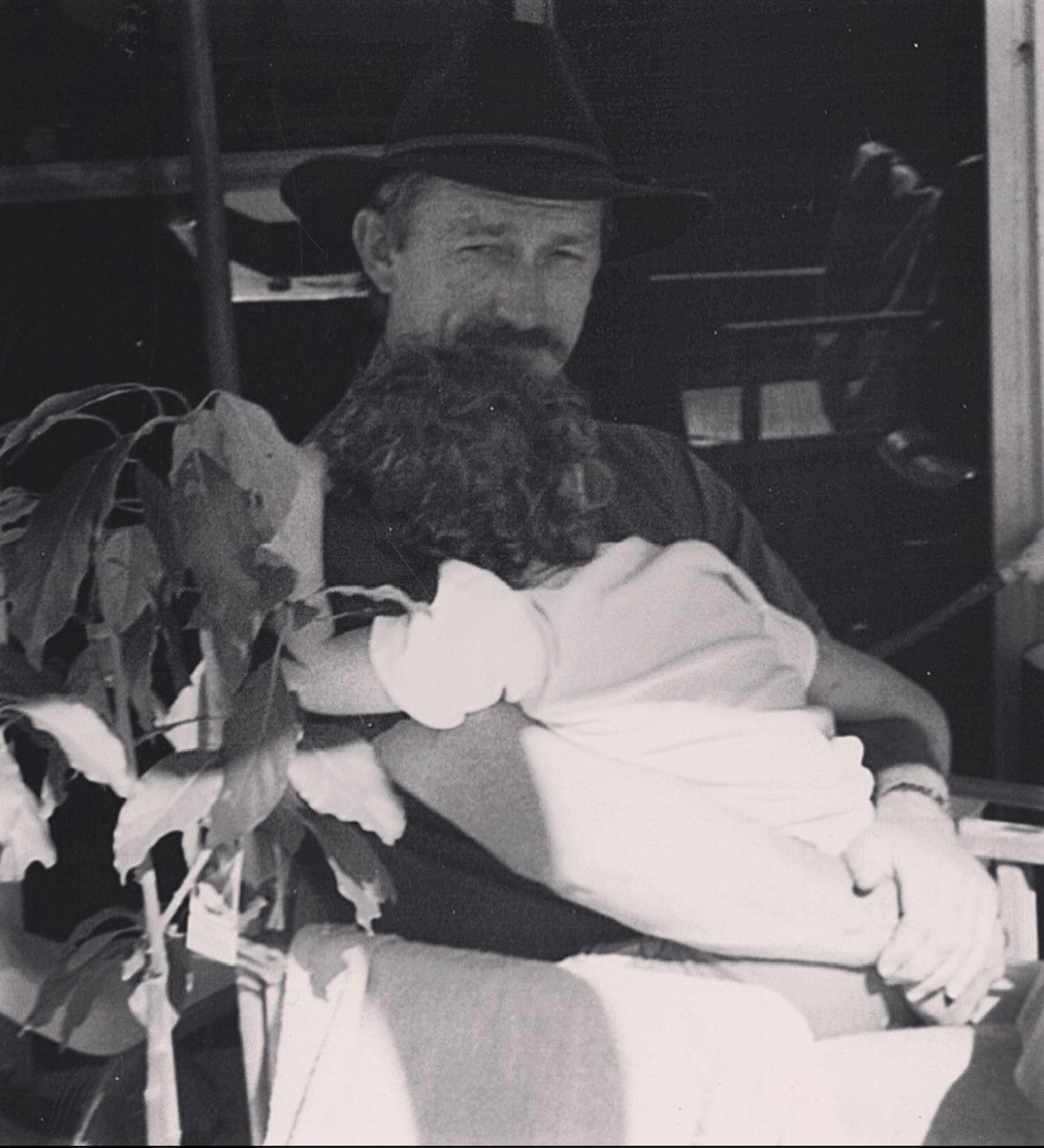
Witnessing dad transition from learning about his diagnosis to very quickly realising his disease was terminal was particularly hard for him and for those close to him. Being a bystander and seeing dad go through such a significant transition in his life taught me to really appreciate the little moments in my own life. The simplest of daily tasks – like the ability to carry your own groceries and thus maintaining your sense of independence - may be the things you miss most.
During his last week with us, we took turns staying next to dad’s hospital bed during the night. I remember staring at the clock in the early hours of this particular morning. I caught myself wishing that time would go faster, and in almost the same moment realising that I needed to enjoy every single moment – the present moment – because when this was over, we wouldn’t have dad with us any longer.
Thirty-two days after his initial diagnosis, he passed away on my parents’ 45th wedding anniversary.
Four weeks later I kept my promise to him (and myself) and re-enrolled in my undergraduate degree.
I first met Associate Professor Fiona Simpson when she asked if she was in the right place while I was standing outside a lecture theatre. I assumed Fiona was a mature age student (like me) and I went on to naively ask her what year of her degree she was in – I quickly learnt she was actually my lecturer.
This interaction and the conversation that followed changed the trajectory of my studies. I can only describe Fiona as authentic and tenacious. During that first conversation, I spoke honestly about my original goals, having recently lost my dad to cancer and how I had never seriously considered undertaking any research, as I doubted whether I would be any good at it.
I recall Fiona telling me about her childhood and the beginning of her study journey. She shared her own experience of losing her mum to cancer and how it impacted her life and career and ultimately led her to becoming a group leader in a cancer-based research laboratory. Her story resonated with me greatly. I could sense how passionate she was about emboldening women to take ownership of their potential and to encourage their contribution in a male-dominated industry like science.
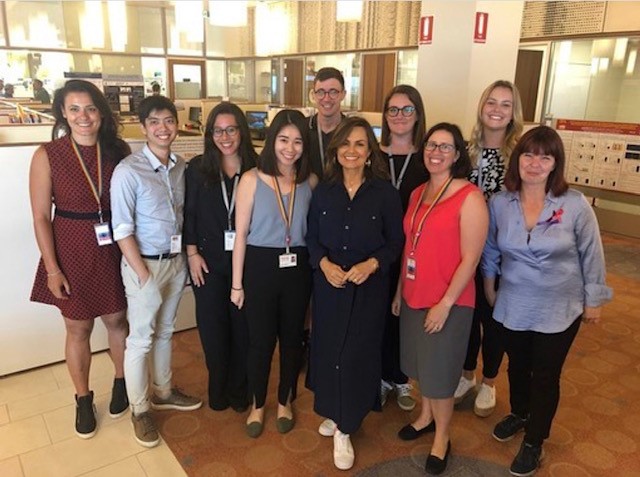
Quoting a well-known Scot, Billy Connolly, Fiona provided me with the censored version of his advice: despite your fears and doubts, ‘do it anyway’.
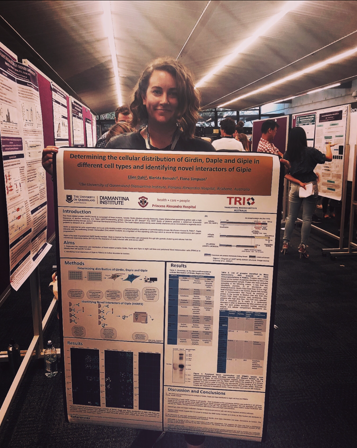
If I could offer my own advice, as long as you’re passionately in pursuit of your goals and dreams, you are truly captivated by what you’re doing, and you’re doing it for yourself (not because of someone else’s expectations) – you will find a way to succeed.
At the most challenging of times we need to call on our inner strength of character, empathy, compassion and understanding for ourselves and others. Seeing my dad diagnosed with terminal cancer and experiencing his transition from active treatment through to comfort/palliative care shaped who I am as a person. It has given me the renewed drive to continue my studies so that I may be able to help others in the future.
Being surrounded by the scientists and clinicians during my Honours year in Fiona’s lab was exceptionally inspiring. Everyone is in the lab because of their love of science, but we also want to see our research have a tangible impact on the patients’ quality of life.
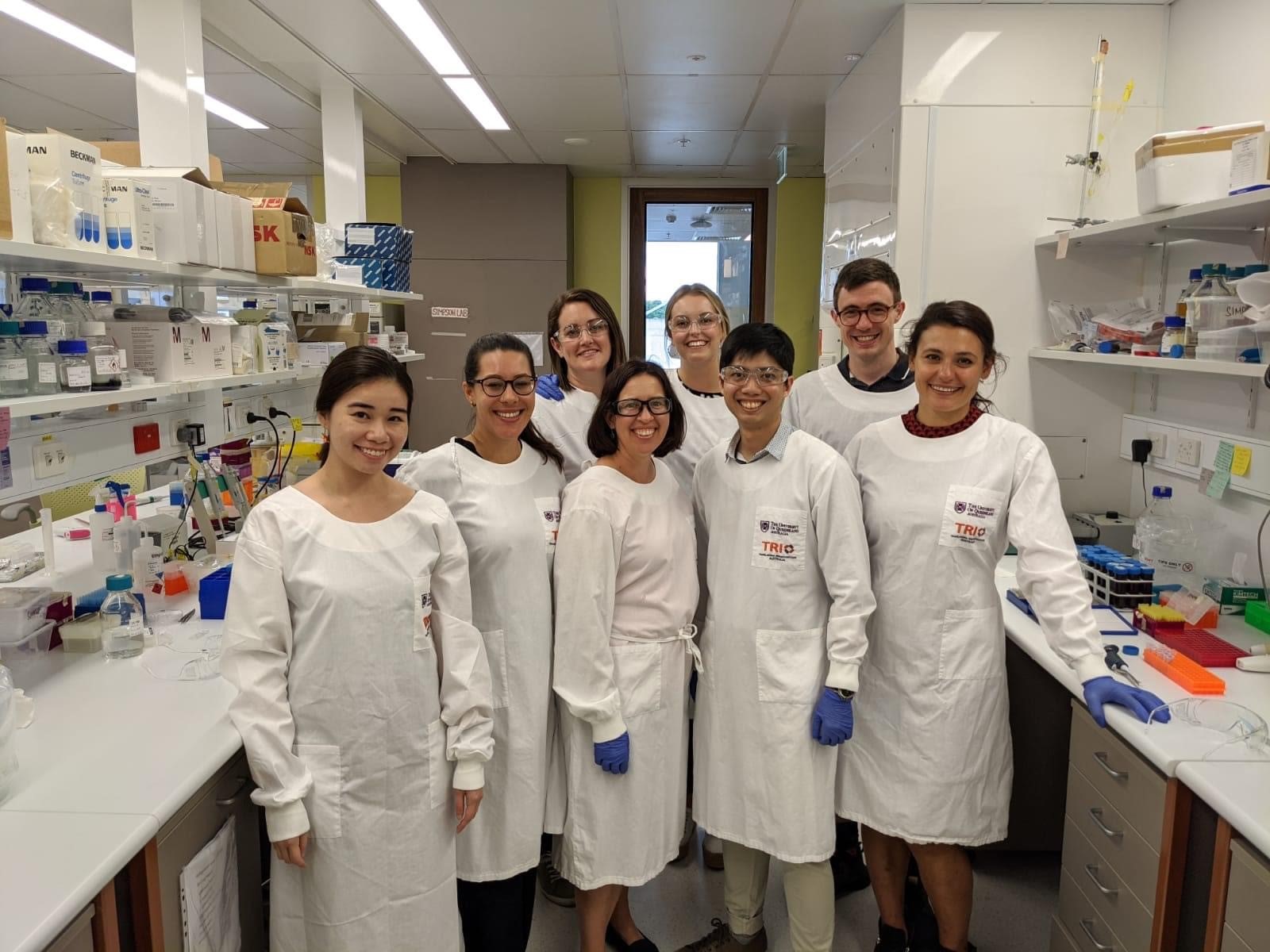
As someone who has returned to study later in life and has been afforded the opportunity to pursue higher education, advocating for people that may need to consider alternative entry into tertiary education and successfully guiding and leading others on a similar path is something I find especially rewarding.
If you’re thinking about a change in career, my suggestion would be to go for it! Remember to enjoy the journey along the way and with a little bit of guidance and determination, you may surprise yourself as to where you end up.
